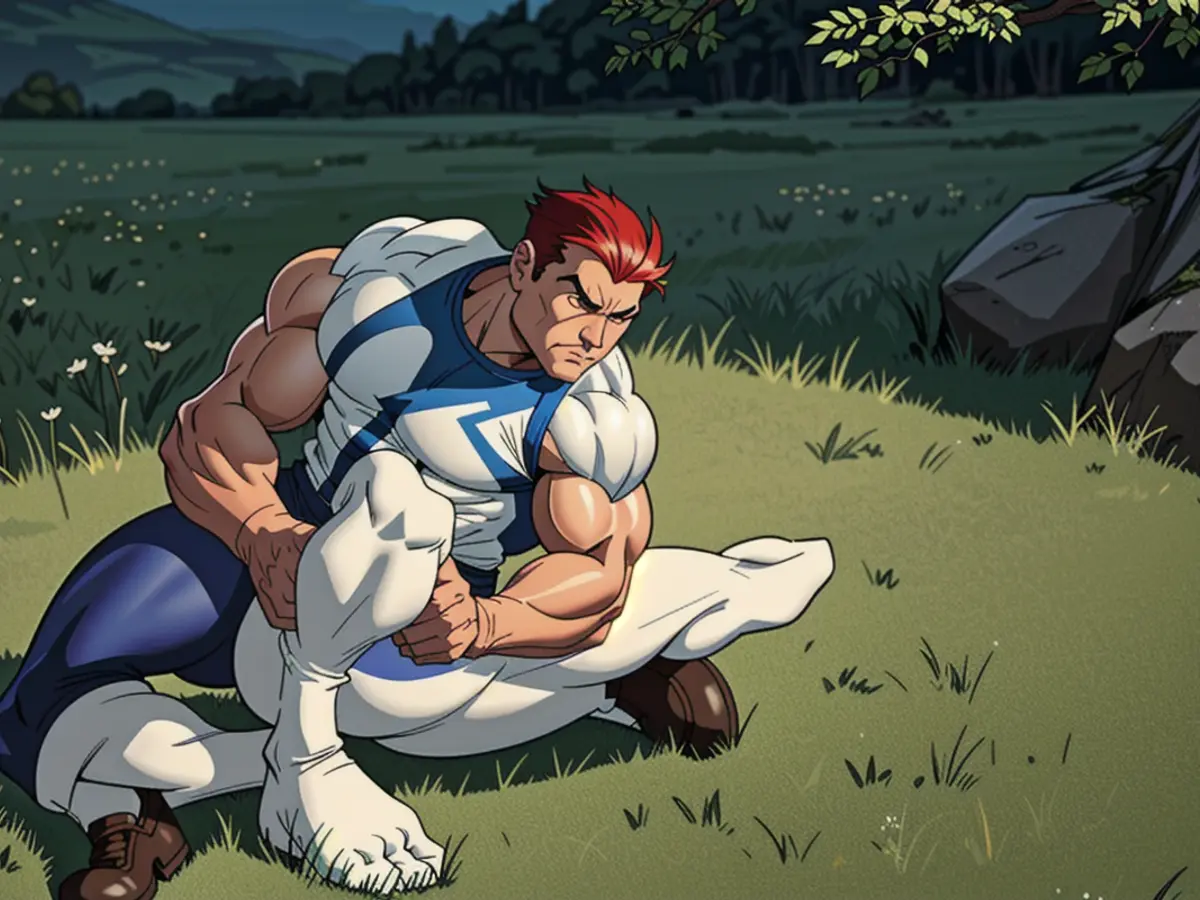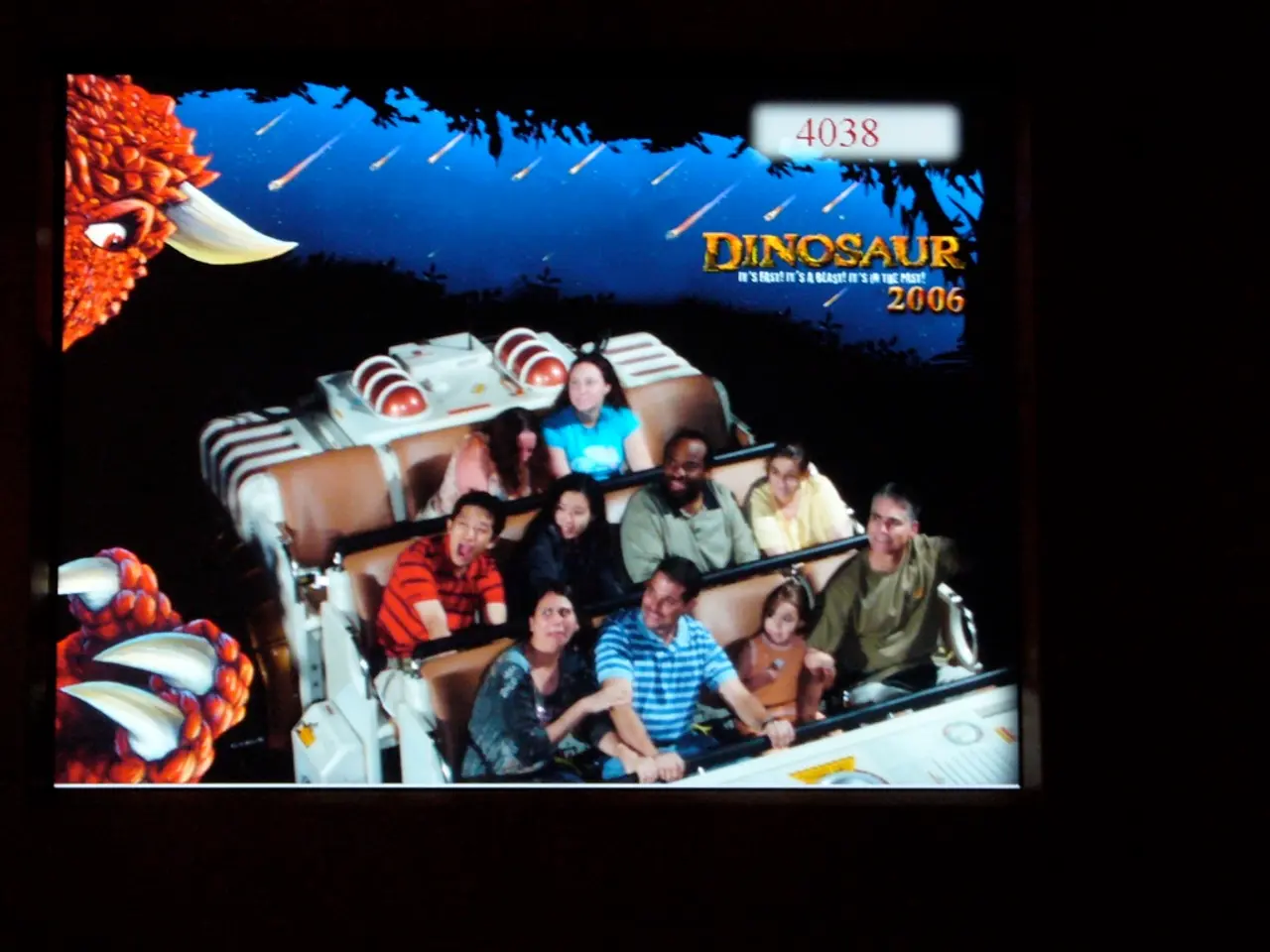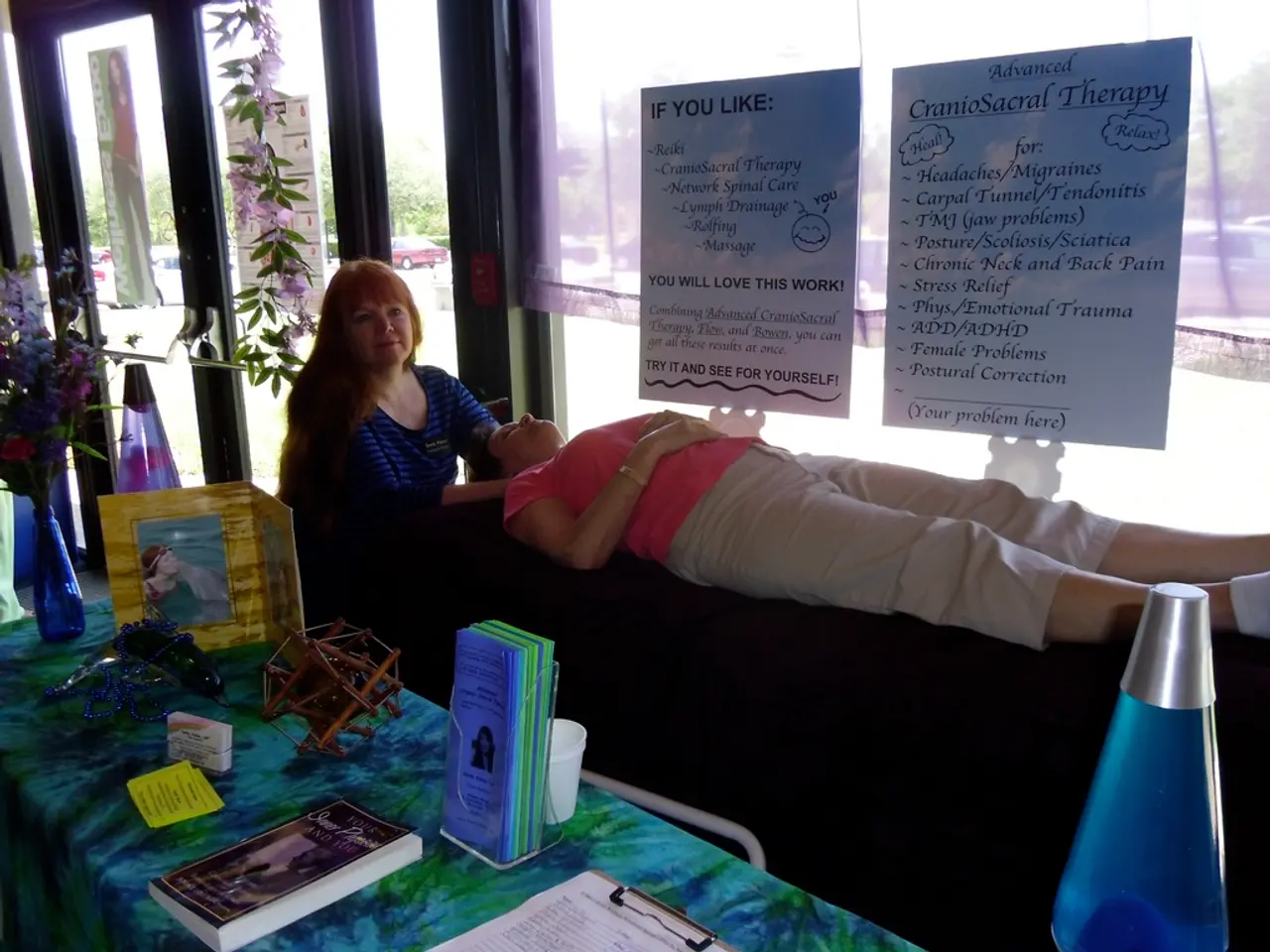Dealing with Depression After Losing a Pet: Strategies for Healing and Understanding
Losing a cherished pet can spark feelings of sadness and grief that may even lead to depression for some individuals. While grief and depression share certain emotional responses, they are distinct entities that can significantly impact a person's life.
Many people form meaningful connections with their pets. Upon a pet's passing, the bereaved may experience symptoms of grief – a natural and appropriate emotional reaction. However, depression goes beyond these feelings and encompasses a range of symptoms that persist for an extended period, necessitating clinical treatment.
Symptoms of Depression
Symptoms of depression might include:
- persistent feelings of emptiness, sadness, or anxiety
- feeling irritable, restless, or frustrated
- negative thoughts and feelings about oneself or the world
- loss of interest in hobbies
- impaired concentration, memory, and decision-making
- sleep disruptions, such as insomnia or oversleeping
- physical symptoms, like headaches or digestive issues, without an apparent physical cause
- thoughts of death or suicide, or suicide attempts
These symptoms can impact daily function and cause significant distress. Some of these symptoms may stem from the loss of a pet, as bereavement may lead individuals to avoid activities once enjoyed in conjunction with their beloved pet.
Grief
Grief vs. Depression
Depression
Grief and depression share some similarities, but they differ in several aspects:
| | || --- | --- || Grief | Depression || Emotional pain occurs spontaneously, often triggered by positive memories | Consistently negative mood and thought processes || Grief does not typically result in a loss of self-esteem | Feelings of worthlessness and self-hatred are common || Grief is a natural, time-limited response to loss | Depression is a long-term disorder, even if triggered by loss |
Emotional pain occurs in waves, often tied to positive memories of the lost pet.
Coping with Grief and Depression
Mood and thought processes are consistently negative.
Mental health professionals recommend the following strategies for coping with grief and depression following pet loss:
- Staying hydrated and maintaining a regular eating schedule
- Minimizing alcohol and substance use
- Celebrating anniversaries of the pet's passing by honoring their memory
- Engaging in mind-distracting activities, like watching movies or knitting
- Spending time with supportive friends and family
- Focusing on happy memories of the pet
- Memorialized the pet through celebration and remembrance, such as planting a memorial tree or creating a pet-themed tattoo
Grief does not usually lead to a loss of self-esteem.
There is no specific timeline for grief, but these coping mechanisms can help individuals navigate the grieving process and potentially reduce the risk of depression.
Feelings of worthlessness and self-hatred are common in people with depression.
Seeking Treatment
Depression treatment options might include:
Grief is a natural response to a tragic event or the loss of a close connection.
- Antidepressant medication
- Psychotherapy, which involves talking with a mental health professional to work through thought processes and develop positive coping strategies
- A combination of the two
Depression is a disorder, even though the death of a loved one, such as a pet, may trigger the onset of depression.
If you or someone you know are experiencing severe feelings of grief or depression following pet loss, it is essential to seek help from a mental health professional. There are a variety of resources available in addition to medical intervention, such as 24/7 helplines, support groups, and online communities for individuals dealing with pet loss. Remember that seeking help is a sign of strength and can be instrumental in managing depression and coping with grief.
Deciding on a New Pet
Whether or not to get a new pet follows the loss is a deeply personal decision. To help make this decision, consider:
- Has the household found closure after the pet's passing?
- Has enough time passed to allow everyone to fully grieve and avoid feelings of resentment toward the new pet?
- Is the silence and stillness in the household too quiet or disruptive?
- Do you have realistic expectations for the new pet's personality?
- Can you invest the necessary time, resources, and energy to build a meaningful relationship with a new pet?
- Are there other pets in the household to consider when introducing a new member?
- Will introducing a new pet distract from or honor the memory of the deceased pet?
- Have you taken adequate time to care for yourself before committing to the care of another pet?
- Are you emotionally prepared for potential future losses?
Ultimately, the decision to get a new pet depends on your individual circumstances and feelings. It is a deeply personal choice that should be made thoughtfully and in consultation with your family and healthcare provider, if necessary.
After losing a cherished pet, many people may find solace in remembering their pet's happy memories, which can help in coping with the grief. However, if the feelings of sadness and emptiness persist and interfere with daily activities, it might indicate the onset of depression.
If you've recently lost a pet, it's essential to attend to your pet's memorial service or create a memorable spot to honor their life. This could help you process your emotions and prevent these feelings from escalating into depression.








